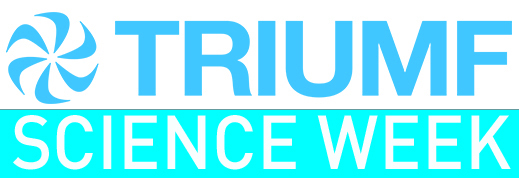Speaker
Dr
Hossein Sadeghi
(D-Wave)
Description
Generative models are among the most promising approaches toward understanding unlabelled data. They have a wide range of applications in structured prediction, molecular & material design, image analysis, speech synthesis, and computer vision. They pair with supervised learning models to help perform ML tasks when labelling data is expensive or labels are only available in a different domain.
Quantum Boltzmann machine is a powerful generative model that can naturally be implemented on a quantum annealing device. However, the development of quantum-classical hybrid (QCH) algorithms is critical to deploy state-of-the-art computational models on current commercially available devices. A Quantum Variational Autoencoder (QVAE) is one such hybrid algorithm that consists of a latent generative process, formalized as a quantum or classical Boltzmann machine (QBM or BM). A quantum annealing processor is used for sampling from the Boltzmann prior distribution. The classical autoencoding structure is realized by a deep neural network, which allows inference to and generating samples from, the latent space. We have successfully employed D-Wave quantum annealers as Boltzmann samplers to train end-to-end QVAE. The hybrid structure of QVAE allows us to deploy current quantum annealing devices in a QCH generative model with latent variables that achieves competitive performance on datasets such as MNIST.

